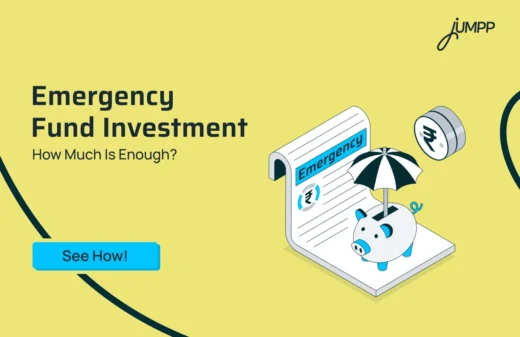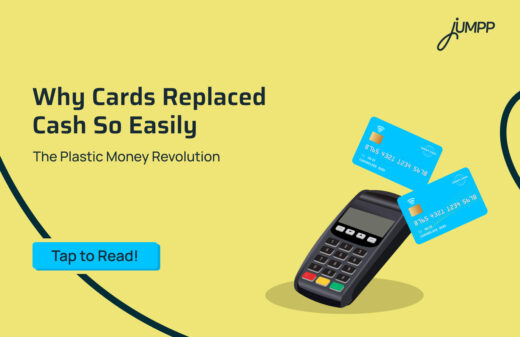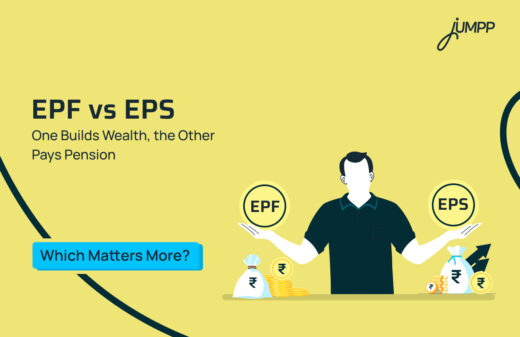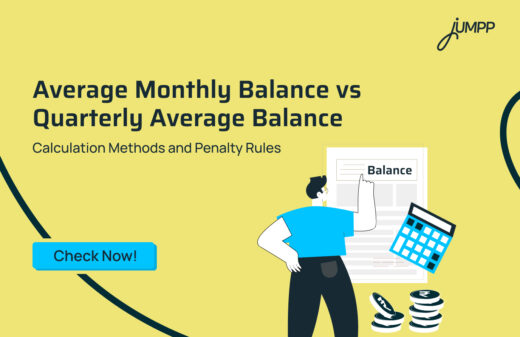Debit Card vs Credit Card: Meaning, Differences & Best Choice for You?
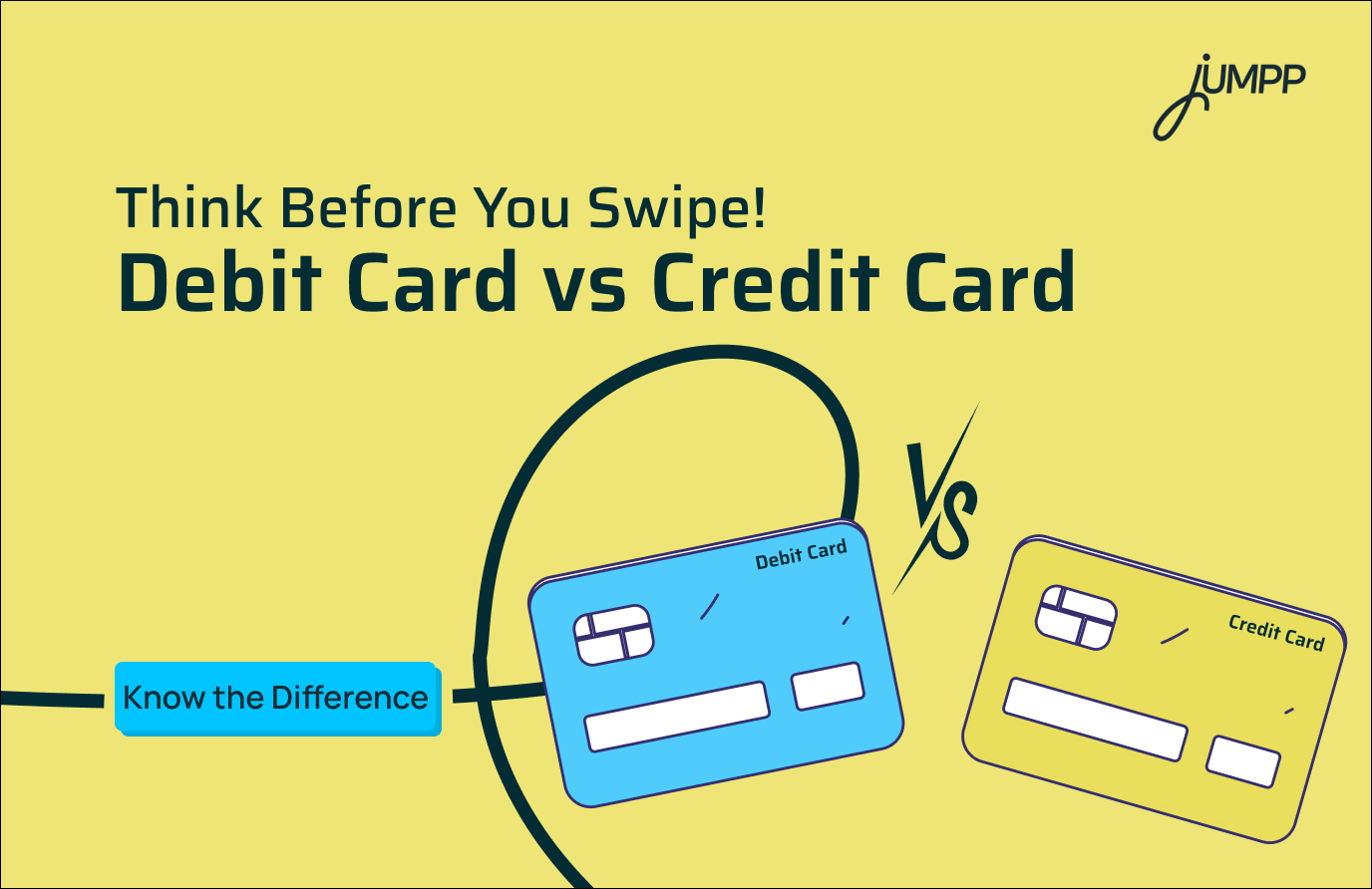
In India’s fast-growing digital economy, debit and credit cards remain two of the most widely used payment tools. A debit card pulls money directly from your bank account, while a credit card allows you to make purchases on borrowed money and repay later.
Understanding the difference between debit and credit cards is essential because each works differently and is meant for different situations.
Debit Card vs Credit Card: Which One Should You Use?
Let’s break down the basic difference between debit card and credit card!
| Feature | Debit Card | Credit Card |
| Source of Money | Your bank balance | Borrowed credit from the bank |
| Spending Limit | Limited to available balance | Credit limit set by the bank |
| Interest Charges | None | Interest if the bill is not paid fully |
| Best For | Daily spending & budgeting | Big purchases & emergencies |
| Rewards & Offers | Usually fewer | More cashback, rewards, EMI options |
| Impact on Credit Score | No impact | Helps build a credit score |
| Risk Level | Low | Higher if overspending or missing payments |
| Fees | Low/no annual fees | Annual fees + late fees possible |
| Fraud Protection | Moderate | Stronger protection + chargebacks |
Let’s break down debit card vs credit card in terms of functions, types, benefits, and when to use each one wisely.
What is the function of a debit card?
A debit card lets you make payments directly from your bank account.
- Best suited for everyday spending and ATM withdrawals
- Money is deducted instantly from your balance
What is the function of a credit card?
A credit card allows you to make purchases using a bank-approved credit limit.
- Great for larger payments, online shopping, rewards, and EMI flexibility
- You pay later in your monthly billing cycle
- No interest if bills are paid on time; interest applies on unpaid dues
What are the Types of Debit Cards in India?
There are different types of debit cards in India, each with its own features.
1. RuPay Debit Card: India’s domestic card network designed for fast, secure, low-cost transactions. Ideal for everyday use with variants like RuPay Platinum and contactless cards.
2. Visa Debit Card: A globally accepted card suitable for international travel and online payments. Offers multiple variants (Classic to Infinite) with strong security features.
3. MasterCard Debit Card: Known for rewards, cashback, and wider acceptance. A good choice for users who want extra benefits on regular spending.
4. Maestro Debit Card: A simpler card under MasterCard, mainly used for ATM and in-store payments. Less common today but reliable for basic transactions.
5. Contactless Debit Card: Tap-and-pay cards using RFID for quick, secure payments. No swiping or inserting is needed for small purchases.
6. Prepaid Debit Card: A reloadable card not linked to a bank account. Useful for travel, gifting, and controlled or budget-based spending.
7. Virtual Debit Card: A digital-only card for safe online transactions. Ideal for shopping, subscriptions, and reducing physical card risks.
What is the Advantage of a Debit Card?
- No debt risk: You can spend only what you have in your account.
- Zero interest: No extra charges like credit cards. There might be minimal annual fees charged by a few banks.
- Widely accepted: Works at ATMs and online platforms.
- Instant transactions: Money is deducted immediately, preventing overspending.
What is the disadvantage of debit cards?
Every product and solution in life may seem easy, but every coin has two sides, so do debit cards. Let’s explore the downsides of using a debit card!
- No credit score benefits: Won’t help in securing future loans.
- Limited fraud protection: If stolen, money is directly taken from your account.
- No EMI or rewards: Fewer benefits compared to credit cards.
Types of Credit Cards in India
Here are some common types of credit cards that are offered by Indian banks:
- Cashback Credit Cards: Earn back a part of your spending as cashback.
- Rewards Credit Cards: Get reward points on purchases, plus welcome gifts, birthday perks, and renewal bonuses.
- Travel Credit Cards: Save on travel costs like hotel bookings and flights, with extra benefits like airport lounge access and travel insurance.
- Fuel Credit Cards: Enjoy fuel surcharge waivers and earn reward points on fuel purchases.
- Secured Credit Cards: Best for those with low credit scores, as they are issued against a fixed deposit.
- Business Credit Cards: Help separate personal and business expenses.
- Premium Credit Cards: Get exclusive perks like airport lounge access, concierge services, golf club memberships, and insurance.
- Shopping Credit Cards: Provide exclusive discounts on retail and online stores (e.g., Flipkart Axis, HDFC Millennia).
New to credit cards? Learn the basics in our guide on credit card meaning before you decide.
What is the Advantage of a Credit Card?
Credit cards offer several useful benefits when managed well:
- Interest-free period: Pay your bill within 45–55 days with zero interest.
- Buy now, pay later: Helps manage short-term cash flow smoothly.
- Builds credit score: Timely payments improve your chances of future loans.
- EMI facility: Convert large purchases into manageable instalments.
- Rewards & cashback: Save on shopping, travel, dining, and fuel.
- International payments: Accepted globally for travel and online purchases.
- Fraud protection: Banks offer strong security and dispute resolution.
What is the disadvantage of a credit card?
Be aware of these risks before using a credit card:
- High interest rates: Missing payments can cost you up to ~40% annually.
- Minimum payment trap: Paying only the minimum keeps you in long-term debt.
- Hidden fees: Late charges + GST, over-limit fees, and other penalties.
- Annual fee tiers: Premium cards may charge higher yearly fees.
- Debt trap risk: Overspending can lead to financial stress if unmanaged.
When Should You Use a Debit Card vs a Credit Card?
Choosing between a debit card and a credit card depends on the situation.
Let’s see, when can you use each?
| Situation | Best Choice | Why? |
| Grocery shopping | Debit Card | Avoid unnecessary debt. |
| Online shopping | Credit Card | Extra security and cashback offers. |
| Big purchases (TV, fridge, laptop, etc.) | Credit Card | EMI options make payments easier. |
| Fuel payments | Credit Card | Special fuel cashback cards reduce expenses. |
| Travel bookings | Credit Card | Complimentary travel insurance and airport lounge access. |
| Bill payments | Either | Credit card for rewards; debit card to avoid debt. |
Conclusion
Both debit and credit cards have their own benefits, and the best choice depends on your financial habits and spending needs. If you want to stay within your budget and avoid debt, a debit card works best. If you prefer rewards, EMI options, and credit-building benefits, a credit card can be a powerful tool.
As digital payments continue to grow in India, understanding these differences helps you make smarter day-to-day decisions. And to keep track of how you spend, no matter which card you use, you can use the best expense tracker app in India to stay organised and in control.
Difference between Debit Card and Credit Card: FAQs
It depends on your needs. A debit card helps you spend within your limits, while a credit card offers rewards, EMI options, and a credit score boost.
A debit card spends money from your bank account, whereas a credit card lets you borrow and pay later, usually with interest, if not paid on time.
An ATM card is usually a debit card, but some credit cards also allow cash withdrawals, known as cash advances.
CVV stands for Card Verification Value, a security code used for safe online payments.
DR stands for Debit Card, as it directly deducts money from your account.
UPI is great for quick, free payments, while credit cards offer perks like cashback, rewards, and EMI options. It depends on what you need!
People prefer debit cards to avoid debt, control spending, and prevent interest charges. Debit cards also don’t require a credit check, making them more accessible for daily expenses.
Debit cards offer no credit-building benefits and have lower fraud protection than credit cards. Additionally, they don’t provide rewards or cashback as many credit cards do.
Credit cards can lead to debt if not managed well, as unpaid balances incur high interest rates. Also, missed payments can hurt your credit score, affecting future loans.

